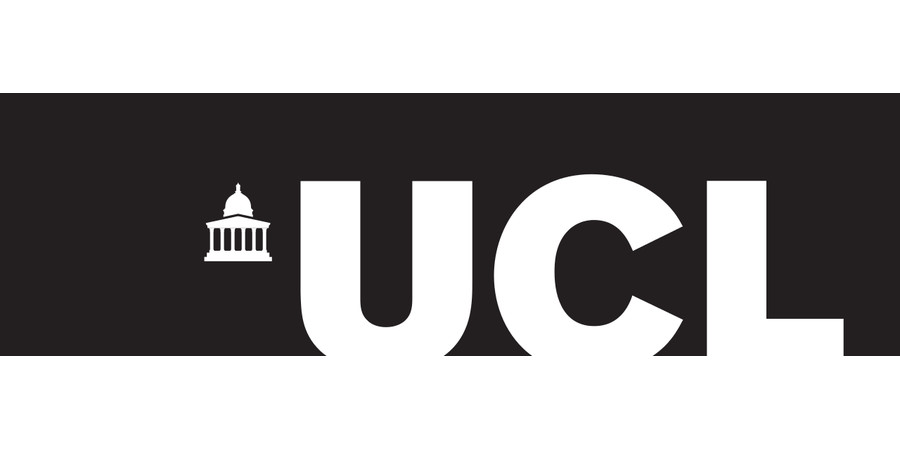Research Fellow
UCL - Ribosome Laboratory
| Location: | London |
|---|---|
| Salary: | £43,374 to £51,860 |
| Hours: | Full Time |
| Contract Type: | Fixed-Term/Contract |
| Placed On: | 28th July 2025 |
|---|---|
| Closes: | 28th August 2025 |
| Job Ref: | B02-09153 |
The Ribosome Laboratory, headed by Dr. Lisa Cabrita and Prof. John Christodoulou is a highly dynamic research environment that integrates molecular and cell biology with structural and computational biology to address key questions in how proteins first begin to form their structures on ribosomes, and how this process can go wrong and lead to disease.
The Cabrita lab promotes independent and creative thinking, and projects often span research disciplines, with a strong interest in defining mechanism and structure in high definition. This project is an exciting opportunity to explore a new area of co-translational protein mis-assembly in conformational diseases
About the role
This is a multi-disciplinary role investigates a molecular basis of co-translational misfolding and mis-assembly, with questions ranging from the role of the ribosome in early protein misfolding events, the cell’s response, through to understanding how aberrant structures are formed in cells.
The project will involve studying protein translation and ribosomal complexes using molecular cell biology and biophysical approaches (in vitro and cell-based), with a view to expanding to cryoEM to study ribosomal complexes at high-resolution, in collaboration with the Christodoulou group. The post hold will be an active member of the Cabrita/Christodoulou laboratories and interface with collaborators.
- This is a fixed-term role for 24 months from the time of appointment
- Research Fellows - 'Appointment at Grade 7 is dependent upon having been awarded a PhD; if this is not the case, initial appointment will be at Grade 6B (salary £38,607- £41,255 per annum) per annum) with payment at Grade 7 being backdated to the date of final submission of the PhD Thesis.'
- Please visit https://www.ucl.ac.uk/human-resources/conditions-service-research-teaching-and-professional-services-staff for more information.
About you
The position will suit a highly motivated postdoctoral scientist who is interested in protein translation, co-translational folding, and/or protein structure-function relationships.
The successful applicant should have (or about to be awarded) a PhD in Biochemistry, Chemistry or a relevant subject, with expertise in recombinant protein expression, purification and characterisation studies including biochemistry (e.g. radio/fluorescence labelling, modification approaches, PAGE), biophysics (optical techniques). and/or structural biology (CryoEM/NMR). Experience in mammalian cell biology or live-cell fluorescence imaging would be a significant advantage. Basic coding skills and/or a knowledge of statistical software packages (e.g. Matlab, GraphPad etc) is essential.
You will be expected to work as part of an integrated team to produce original contributions towards understanding co-translational protein misfolding on ribosomes using a wide range of techniques. Your studies will focus on a model conformational disease, alpha-1-antitrypsin (alpha-1-antitrypsin deficiency), and exploring others including alpha-synuclein (Parkinson’s disease), and huntingtin (Huntington’s disease).
In addition to developing and conducting the research, you will contribute expertise to the overall research effort in the Cabrita and Christodoulou groups. You will also communicate results through scientific publications in leading journals, and as scientific presentations at national and international conferences. Good oral and written communication skills are essential, and you must be able to show a commitment to effective multi-disciplinary team work.
What we offer : Visit https://www.ucl.ac.uk/work-at-ucl/reward-and-benefits to find out more.
Our commitment to Equality, Diversity and Inclusion: You can read more about our commitment to Equality, Diversity and Inclusion here: https://www.ucl.ac.uk/equality-diversity-inclusion/
Customer advert reference: B02-09153
Advert information
Type / Role:
Subject Area(s):
Location(s):









